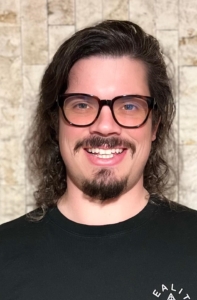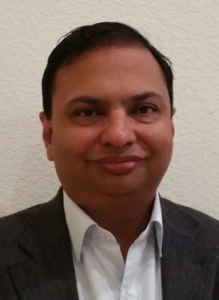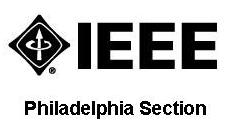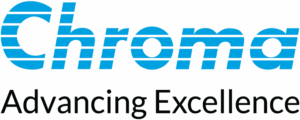Tuesday Plenary Keynote
Richard Rodell
Distinguished Engineer, Infineon Technologies
Title: Test Development Ecosystem – 2025 and beyond
Biography: Richard (Rick) has been in test engineering for 33 years working in multiple roles from development to VP of test engineering. He has worked on a wide range of products from memories, phys, complex SOCs, advanced analog and RF. His ATE experiences have been evolved from Credence, HP, Agilent, Verigy, Advantest, Teradyne and Nextest spanning a large diverse set of development environments and programming languages.
Abstract: A look backwards and into the future about how the test development ecosystem is quicky evolving with a focus on structure, agentic/generative AI and software tooling.
Tuesday Visionary Talk

Matheus Trevisan Moreira
Tech Lead, Silicon AI Research, Reality Labs, Meta
Title: Demystifying GenAI for Silicon Design and Test
Biography: Matheus Trevisan Moreira began his career as a professor in Brazil before transitioning to the technology industry, where he has held key technical leadership roles across startups, Apple, and Meta. He currently serves as a tech lead at Meta, driving the development of advanced silicon architectures and accelerators for AI workloads.
Abstract: Generative AI is posed to revolutionize silicon development. However, the rapid adoption of large language models, retrieval-augmented generation, and agentic systems can seem enigmatic or complex to many industry professionals. This talk aims to demystify these technologies, providing a clear, practical look at the architecture and real-world applications of GenAI-driven agentic systems for silicon workflows. We will explore how workflows can be transformed, from simple language model prompts to more advanced, integrated agent-based methods.
Wednesday Keynote

Dr. Jeorge S. Hurtarte
Senior Director, Teradyne
Title: Test Insertions and Test Challenges for AI-HPC in CoWoS and CoPoS Advanced Heterogeneous Integrated Packages
Biography: Dr. Jeorge S. Hurtarte is currently Senior Director and Principal Marketing Strategist in the Semiconductor Compute Test Division at Teradyne. Jeorge has held various technical, management and executive positions at Teradyne, Lam Research, LitePoint, TranSwitch, and Rockwell Semiconductors.
Abstract: As AI-HPC (High Performance Computing) solutions continue to evolve from single compute devices (GPUs or Switches) into advanced heterogeneous integrated packages with multiple chiplets (e.g., HBMs, GPUs and Switches with UCIe interfaces, etc.) in a silicon wafer or panel interposer (aka CoW: chip-on-wafer; CoP: chip-on-panel), and then on to the final package substrate (CoWoS: chip-on-wafer-on-substrate), the test complexity is increasing significantly, as well as the number of possible test insertions.
Thursday Keynote

Anand Joshi
Senior Technical Fellow, TechInsights
Title: Architecting the AI Silicon: The Technology, Market, and Future
Biography: Anand Joshi is currently the Senior Fellow for AI at TechInsights. He is a semiconductor industry veteran with over 25 years of experience and a recognized expert in the AI chip community. He’s been a marketing executive and advisor with prominent AI companies that include Esperanto Technologies, NanoSemi (acquired by Maxlinear), Wave Computing, and Redpine Signals (acquired by Silicon Image).
The chip industry is being reshaped fundamentally by the rapid evolution of AI, moving far beyond general-purpose compute that historically has been prevalent. GPUs, with their parallel processing capabilities, have become the workhorses for deep learning and the dominant compute architecture. CPUs have stagnated and the talk about specialized accelerators has become amplified. The AI technology , nevertheless, still remains in its infancy and will demand even higher performance in the future.







